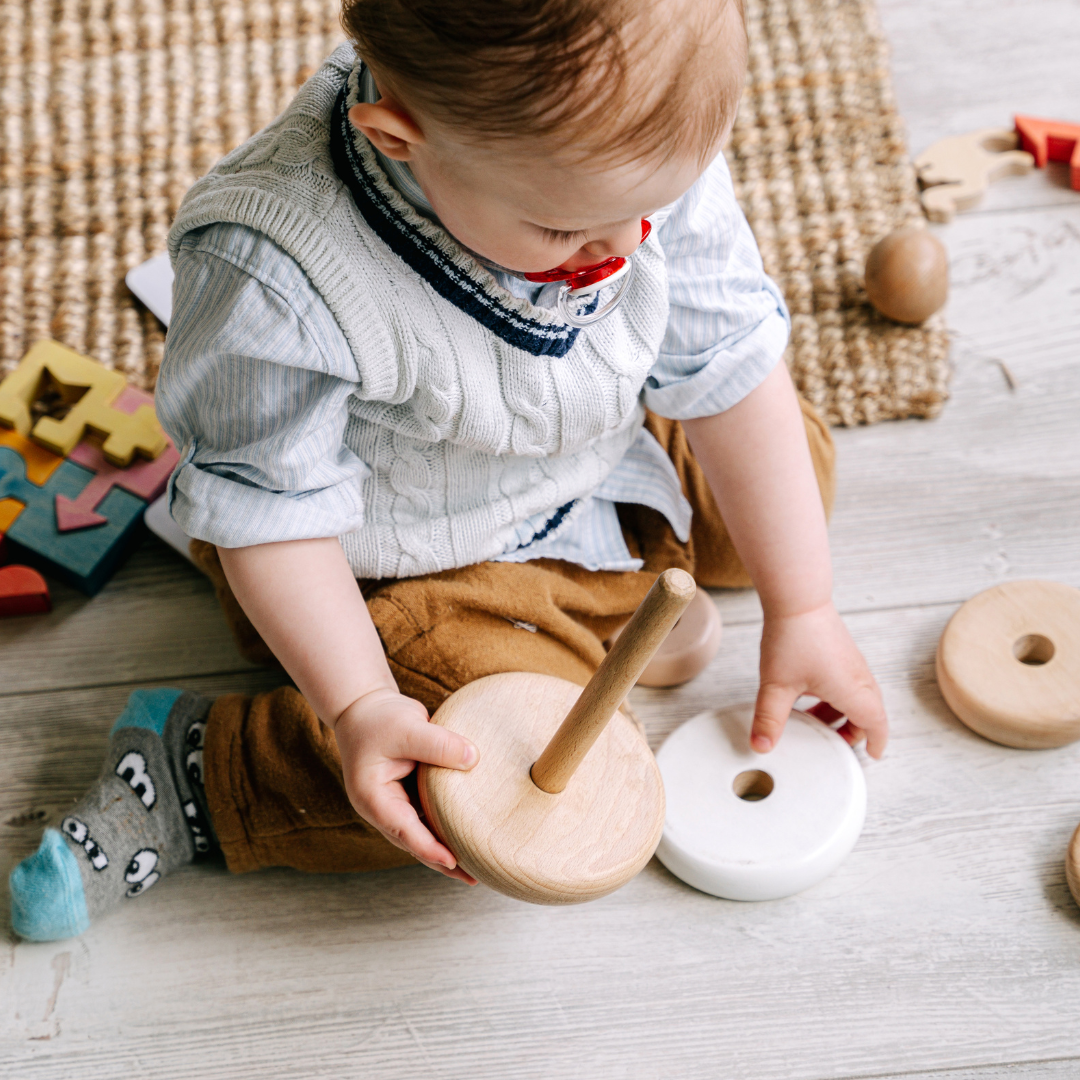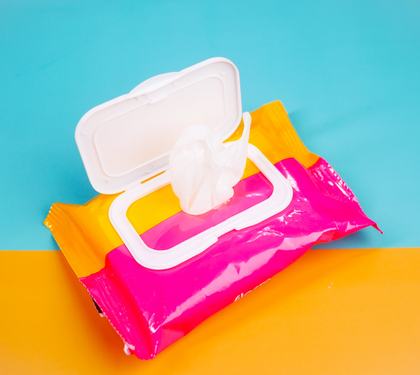Parenthood is a beautiful journey filled with countless joys and challenges. Welcoming a new life into the world brings about a plethora of decisions, including how to care for and nurture your little one. In recent years, there has been a growing awareness of the environmental impact of raising a child, prompting many parents to seek sustainable alternatives. From wet wipes to toys, there are numerous eco-friendly options available for new parents looking to reduce their carbon footprint and create a healthier planet for their children to inherit.
-
Reusable Baby Wipes vs. Disposable Wipes: One area where sustainability can easily be incorporated into baby care routines is with baby wipes. Disposable wipes contribute significantly to environmental waste, often ending up in landfills where they take years to decompose. Choosing reusable baby wipes such as Little Gubbins made from soft, organic fabrics not only reduces waste but also saves money over time. These washable wipes can be used with water or gentle cleansing solutions and can be easily laundered, making them a convenient and eco-friendly alternative to disposable wipes. Making the switch to reusable wipes not only benefits the environment but also provides a gentle and chemical-free option for your baby's delicate skin.
-
Natural Baby Skincare Products: Babies have delicate skin that is highly sensitive to harsh chemicals found in many conventional skincare products. Opting for natural and organic alternatives can help protect your baby's skin while also being better for the environment. Look for products free from parabens, phthalates, and synthetic fragrances, and consider using multi-purpose products to minimise waste.
-
Eco-Friendly Baby Gear: When it comes to pushchairs, car seats, and other baby gear, there are now many eco-friendly options available. Look for products made from sustainable materials such as bamboo, organic cotton, or recycled plastics. Additionally, consider buying second-hand or borrowing items from friends or family to reduce your carbon footprint even further.
-
Wooden Toys vs. Plastic Toys: Plastic toys are not only harmful to the environment but can also contain toxic chemicals that may leach into your child's mouth during play. Opt for toys made from sustainable materials such as wood, bamboo, or natural rubber. These toys are not only safer for your child but also more durable and better for the planet.
-
Breastfeeding and Eco-Friendly Feeding: Breastfeeding is not only beneficial for your baby's health but also for the environment. It requires no packaging, transportation, or manufacturing, making it the most eco-friendly feeding option available. If breastfeeding is not possible, consider using glass bottles instead of plastic, and look for organic formula options packaged in recyclable materials.
-
Sustainable Clothing: Babies grow quickly, often outgrowing their clothes before they have a chance to wear them out. Instead of buying new clothes, consider shopping second-hand or participating in clothing swaps with other parents. Look for clothing made from organic cotton or other sustainable materials, and opt for gender-neutral styles that can be passed down to future siblings.
-
Eco-Friendly Nursery: Create a green and sustainable nursery by choosing non-toxic paint, energy-efficient lighting, and eco-friendly furniture made from sustainable materials. Use natural fibres for bedding and curtains, and incorporate plants to improve air quality and create a calming environment for your little one.
Making sustainable swaps when having a baby not only reduces your environmental impact but also sets a positive example for your child as they grow. By choosing eco-friendly options, you can help create a healthier and more sustainable future for generations to come.





